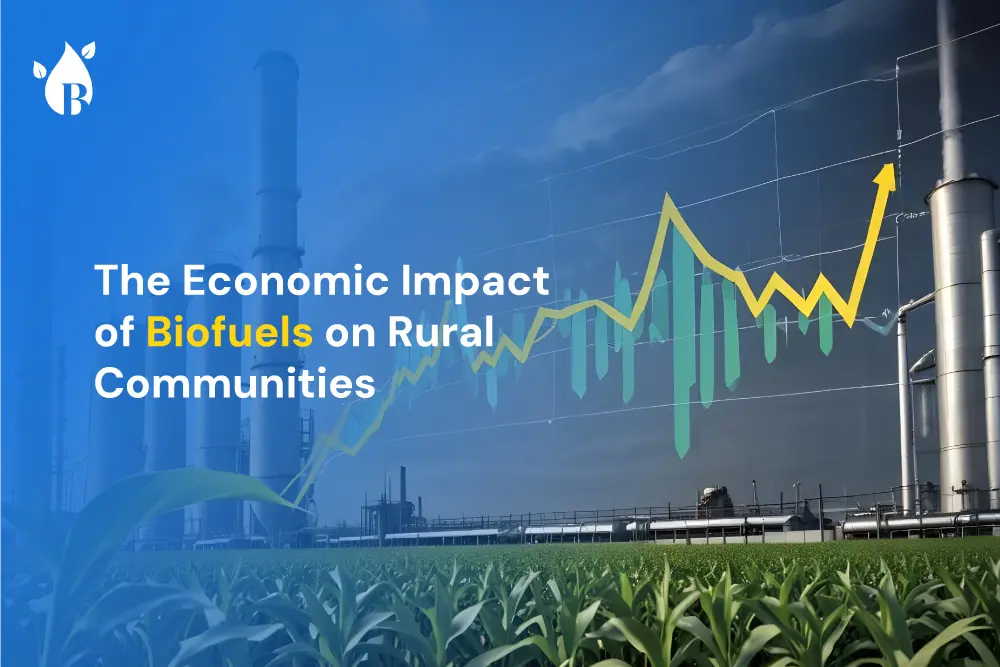
Investments in biofuel production also stimulate local economies by enhancing infrastructure development. This infrastructure is crucial for connecting various stakeholders in the supply chain, ensuring smooth and efficient operations. For example, Buyofuel, the only organized marketplace for all types of biofuels and wastes, helps aggregate agricultural residues from farmers, streamline collections, manage payments, and organize deliveries to briquette manufacturers. These efforts not only add value to the biomass supply chain but also ensure that farmers receive their fair share from the high industrial demand for their raw materials.
Additionally, biofuels promote energy independence by reducing reliance on imported fossil fuels. This independence strengthens rural resilience, making these communities less vulnerable to global energy market fluctuations. The government can further enhance these benefits through supportive policies and incentives that encourage biofuel production and use.
As the demand for renewable energy continues to grow, the economic impact of biofuels on rural communities is expected to increase. This growth promises a sustainable and prosperous future for rural areas, contributing to overall economic development and improving the quality of life for rural populations. By supporting local economies and promoting sustainable agricultural practices, biofuels have the potential to drive substantial rural development and economic empowerment.



